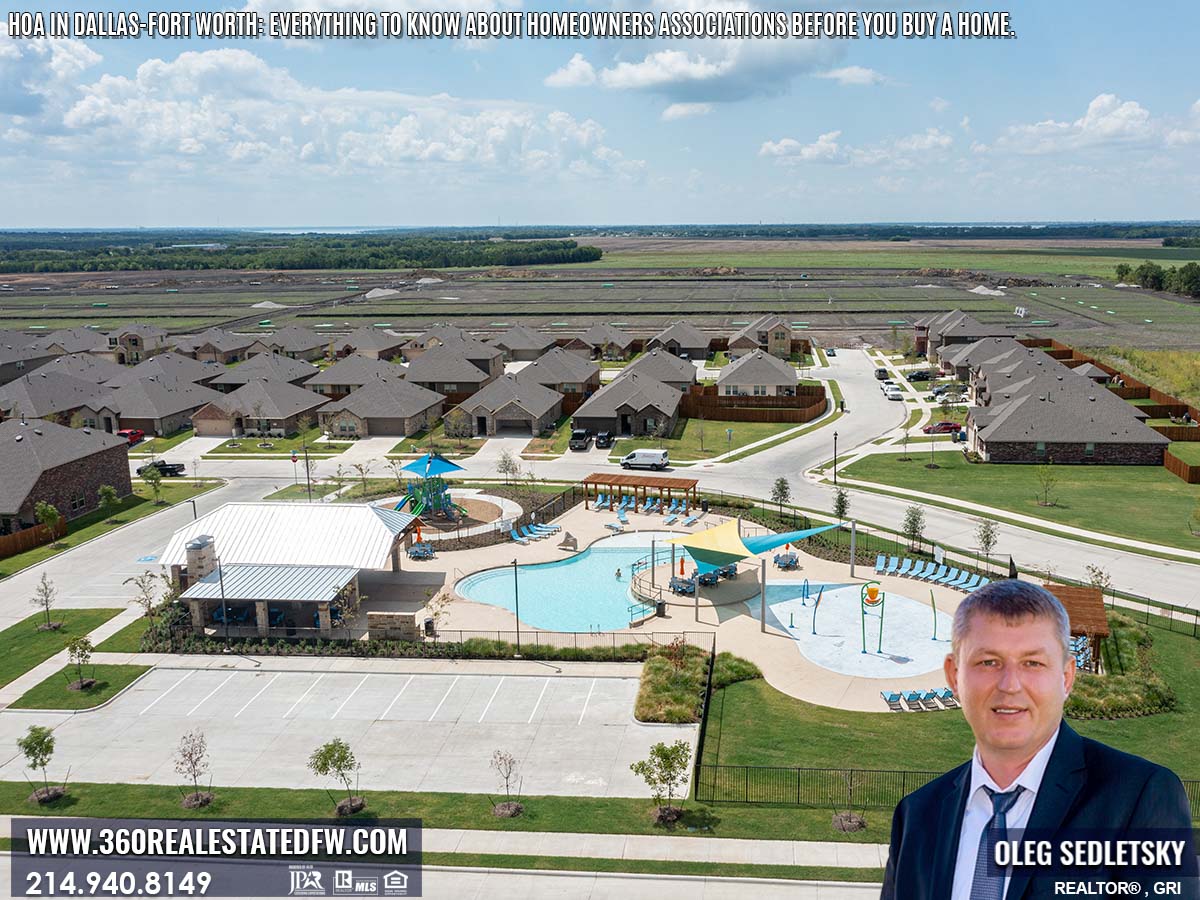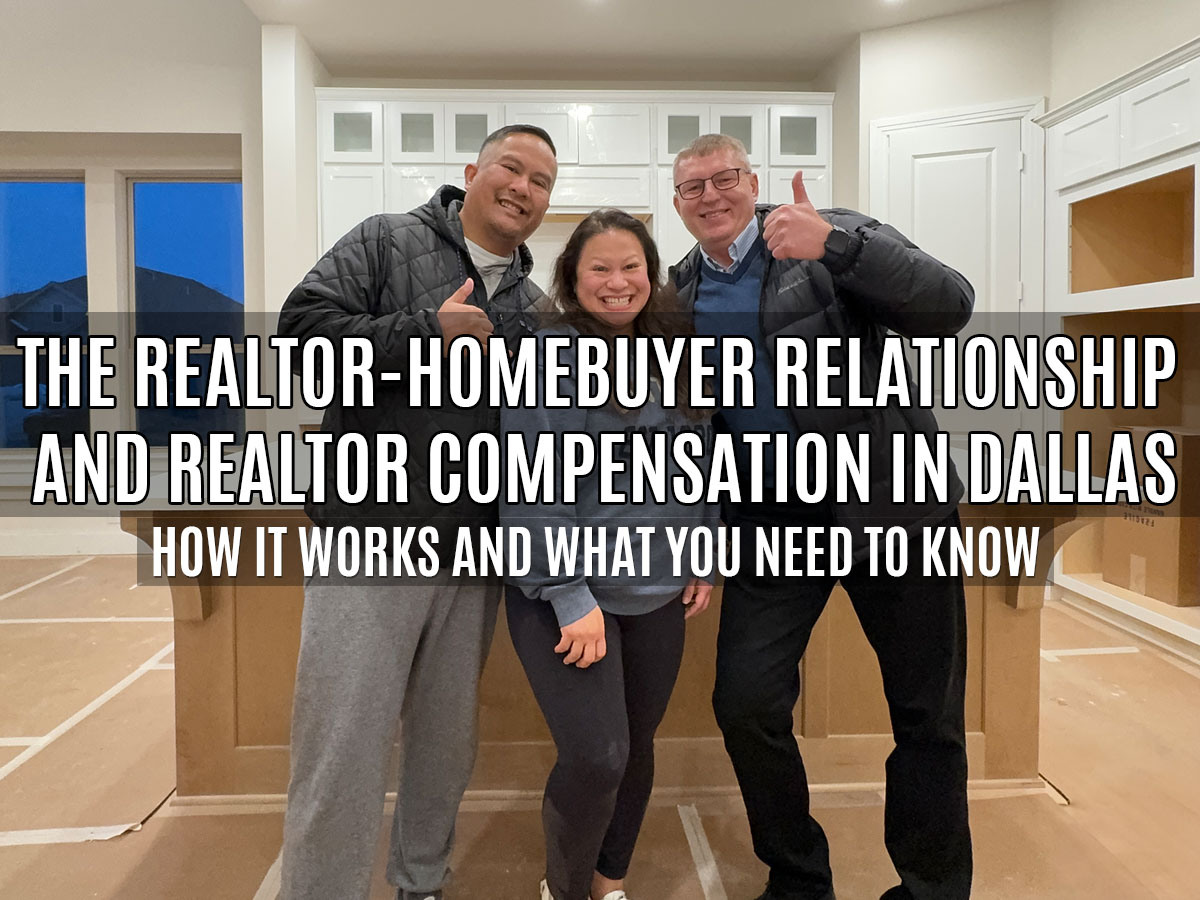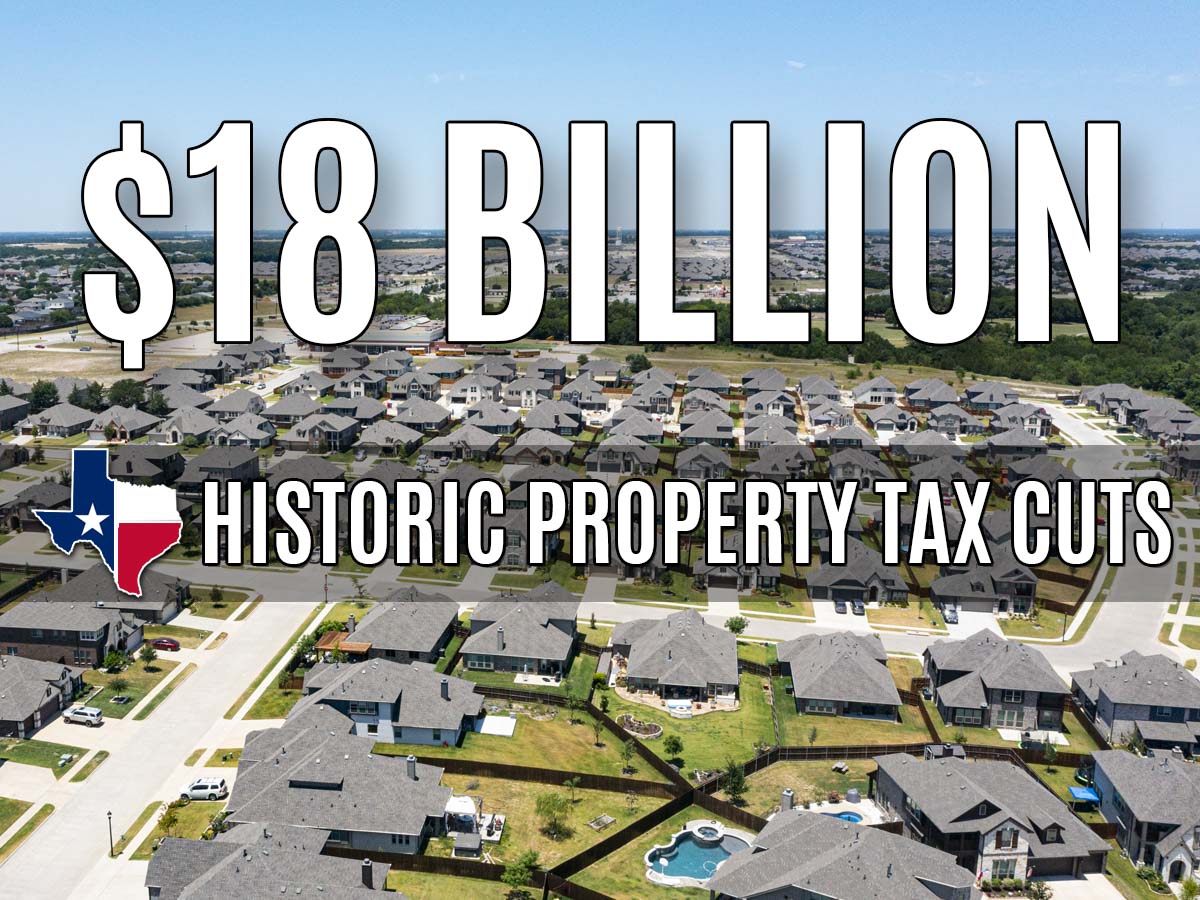Did you know that in 2023, Texas had 22,300 Home Owners Associations? That’s the 3rd highest number in the country, following California (50,700) and Florida (49,800). Plus, in 2023, the Foundation for Community Association Research estimated that about 30% of the U.S. population is living in various community associations like condominiums, cooperatives, and planned communities. Pretty interesting, right?
Hey there, future homeowners! If you’re thinking about buying a home in the Dallas-Fort Worth area, you’re starting off on an exciting journey. This region is known for its lively communities, diverse real estate, and of course, its Homeowner Associations (HOAs).
I’m Oleg Sedletsky, a Realtor with expertise in Dallas real estate. In this article, I’ll share essential details about HOAs in the Dallas-Fort Worth area to help you make informed decisions about your future home. Whether it’s your first home purchase or a relocation, understanding how HOAs operate in this region can greatly impact your home buying journey.

The photo showcases the amenities available within the Windsong Ranch HOA community in Prosper, TX. © Oleg Sedletsky, Realtor®
What Is a Homeowner Association (HOA)?
Ever wondered what a Homeowner Association (HOA) really is? Well, HOAs are like the rule-makers of neighborhoods, planned communities, or condo buildings. They create and enforce rules for the properties and residents. When you buy property in an HOA, you automatically join the club and pitch in with dues, aka HOA fees.
The main reason for the existence of HOAs is to offer services for the community residents and uphold the vision of a well-kept, organized neighborhood that all members can relish living in while also preserving home values.

The photo showcases the amenities available within the Reserve at Westridge HOA community in McKinney, TX. © Oleg Sedletsky, Realtor®
Unlock Exceptional Service!
Assistance with all your real estate needs in the Dallas-Fort Worth area is just a click or call away. Reach out at 214-940-8149 or connect through the links below.
How do Homeowners’ Associations (HOAs) operate in the Dallas area?
How do HOAs in Dallas work? The HOA sets out rules and guidelines to support its members, aiming to preserve and enhance the community’s property values. These guidelines mainly focus on appearance, covering property cleanliness, condition, and repairs. Typically, HOA guidelines aim for a consistent look across all properties in the association’s area. Some HOAs may offer extra services to members in return for their fees, like:
Landscaping
Parking
Pools
Tennis courts
Event spaces
In some cases, HOA fees may also include trash collection and utilities like water or internet.

The photo showcases the amenities available within the Tribute HOA community in The Colony, TX. © Oleg Sedletsky, Realtor®

The photo showcases the amenities available within the Lakes Of Bent Tree HOA community in Dallas, TX. © Oleg Sedletsky, Realtor®

The photo showcases the amenities available within the Reserve at Westridge HOA community in McKinney, TX. © Oleg Sedletsky, Realtor®

The photo showcases the amenities available within the Windsong Ranch HOA community in Prosper, TX. © Oleg Sedletsky, Realtor®
Homeowners Association (HOA) Fee.
The HOA provides its services through the collection of a Homeowners Association (HOA) Fee. This fee is a monthly amount paid by residential property owners to their homeowners associations (HOAs). These fees help the association maintain its services and support the community.
Who’s in charge of the HOA in Texas?
Typically, in Texas, an HOA is managed by a board of directors elected by the members.
Although often called “HOAs”, Texas law refers to them as “property owners’ associations.”
Homeowners have the opportunity to serve on the board.

The photo showcases the amenities available within the Hollyhock HOA community in Frisco, TX. © Oleg Sedletsky, Realtor®
Where can homebuyers find an HOA Covenants, Conditions, and Restrictions (CC&Rs)?
Your Realtor will let you know if the home you’re eyeing is in an HOA and will fetch the HOA governing documents for you to review before making an offer.

The photo showcases the amenities available within the Auburn Hills HOA community in McKinney, TX. © Oleg Sedletsky, Realtor®
F.A.Q. About Homeowners Associations (HOA) in Dallas-Fort Worth
Now that we’ve covered the essential topics about HOAs in Dallas, let’s dive into the most frequently asked questions from homebuyers.
Does Texas have HOA laws?
In Texas, there isn’t a specific law just for HOAs, but all HOAs in Texas have to follow the Texas statutes that deal with property owners’ associations. Keep in mind, there might be other laws in play too! For more details:
Check out the Texas Property Code, Title 11, Chapters 201-215 for the lowdown on property owners’ associations.
Dive into Chapter 202 for the scoop on restrictive covenants and how they’re enforced.
Explore Chapter 209 for insights on the Texas Residential Property Owners Protection Act, covering governance, elections, record-keeping, and more.
Lastly, Chapter 22 of the Texas Business Organizations Code is where you’ll find info on forming nonprofit corporations, which many property owners’ associations are. Oh, and just a heads up, there isn’t a state agency in Texas overseeing property owners’ associations or handling homeowner complaints.
VISIT General Information guide on the official Texas government website: https://guides.sll.texas.gov/property-owners-associations/general-information
What a HOA can not prohibit in Texas?
Texas law sets some boundaries on what a property owners’ association can restrict. Here are some things they can’t say no to:
Showing the American flag, Texas flag, or flags of the U.S. Armed Forces
Putting up political signs during elections
Displaying religious items
Having rain barrels, composting systems, efficient irrigation, and more
Using security measures like cameras, motion detectors, and fencing
Installing solar panels, generators, and more
Building swimming pool enclosures
Using wind- or hail-resistant shingles
And guess what? They can’t mess with your right to:
Own firearms or ammo
Run a lemonade stand
Pretty cool, right?
SOURCE: https://guides.sll.texas.gov/property-owners-associations/ccrs

The photo showcases homes in The Tribute HOA community in The Colony, TX. © Oleg Sedletsky, Realtor®
What happens if you don’t pay HOA fees in Texas?
If you happen to fall behind on your HOA fees in Texas, here’s what could occur: If you get behind on payments, the association will likely start by reaching out using traditional methods like calls and letters to collect the debt. If those approaches don’t work, the association might restrict your access to common areas or even take legal action to recover what’s owed.
Most HOAs have the right to place a lien on your home if you’re late on payments, which can complicate selling or refinancing your property. In certain situations, the association will register the lien with the county for public notice. An assessments lien can impact your property’s title and may lead to foreclosure, even if you have a mortgage. In Texas, an HOA can enforce assessments and liens based on its governing documents, like CC&Rs.

The photo showcases homes in the Bristol Park HOA community in Lucas, TX. © Oleg Sedletsky, Realtor®
Can an HOA charge a fine for violations?
Under Texas law, a property owners’ association doesn’t automatically have the right to impose fines. These powers need to be granted by the association’s governing documents. If an association is allowed to levy fines, it should create an enforcement policy and share it with property owners as per Section 209.0061 of the Texas Property Code.
What rights do property owners have regarding fines? If an association is authorized to impose fines for violations of restrictive covenants, it must inform the property owner by mail before applying the fine. This gives the owner a chance to address the issue and challenge the charge. For repeated violations, notice may not be necessary.
As per Sect. 209.006, a notice to the owner should include:
Description of the violation
Amount of the proposed fine
A statement that the owner has 30 days to request a hearing before the Board of Directors
Information on any special rights or relief available under the law, such as the Servicemembers Civil Relief Act
If the violation is not a threat to public health or safety and is fixable, the owner should be given a reasonable time to rectify the issue and avoid the fine. The notice should specify the deadline for correction. Subsections (h) and (i) provide examples of violations that are “curable” and “incurable.”

The photo showcases the homes in the Grayhawk HOA community in Frisco, TX. © Oleg Sedletsky, Realtor®
Can you actually lose your house in Texas if you forget to pay your HOA fees?
Well, in Texas, those assessments are basically like “dues” that every property owner in an association has to chip in for. If you happen to miss those payments, you could end up facing fines and even foreclosure. Check out more info here: https://guides.sll.texas.gov/property-owners-associations/assessments-foreclosure

The photo showcases the amenities available within the Twin Creeks HOA community in Allen; TX. © Oleg Sedletsky; Realtor®
Can a Homeowners’ Association restrict your ability to rent out your home in the Dallas area?
Your HOA can implement some restrictions on occupancy and leasing activity. However, these restrictions should be outlined in the HOA’s declaration or one of the association’s amendments. A recent court case in Texas has somewhat limited the extent to which an HOA can enforce restrictions on short-term rentals.
HOA fees in Dallas – do they change?
Well, typically, the HOA fees adjust to cover maintenance and service costs. According to Texas law, HOAs can up the fees if they can explain how the community will benefit. It’s kind of up to the HOAs – they might hike rates to keep the neighborhood in good shape.

The photo showcases the amenities available within the Windsong Ranch HOA community in Prosper, TX. © Oleg Sedletsky, Realtor®
Can a homeowners association (HOA) enter my property in Dallas?
Well, in Texas law, a property owners’ association doesn’t just get a free pass to enter your property to sort out rule violations. They need the green light from the declaration of covenants, conditions, and restrictions to take any “self-help remedies.”
Can the HOA kick you out in Dallas?
Well, when a homeowner falls behind on payments, the Homeowners Association (HOA) has the authority to place a lien on the property if the property owner fails to comply with the association’s rules and regulations or if there are unpaid dues or fees. If that’s not sorted out, they might even foreclose.
Good news – the HOA can’t actually evict a homeowner.

The photo showcases the amenities available within the Artesia HOA community in Prosper, TX. © Oleg Sedletsky, Realtor®
Common HOA Fees in the Dallas Area
When scouting for homes, you’ll notice that HOA fees vary widely across Dallas-Fort Worth. They can range from $300 to $3000+ annually, depending on the subdivision and the breadth of services and amenities offered. Understanding the HOA costs upfront can help you budget more accurately for your new home.

The photo showcases the amenities available within the Tribute HOA community in The Colony, TX. © Oleg Sedletsky, Realtor®
Do all homes in the Dallas-Fort Worth area have HOAs?
Not all homes in Dallas-Fort Worth have HOA. Most older neighborhoods do not have HOA, or if they do, it is voluntary. With voluntary HOA, each homeowner decides their contribution or can opt-out.
As for new construction communities in Dallas-Fort Worth without HOA, they’re pretty rare, but they do exist!
If you’re considering a community without an HOA, here are a few things to think about:
– Homes in the communities without an HOA tend to be pricier.
– They’re often located further from big cities, meaning longer trips to stores and attractions.
– There’s a chance you might get a quirky neighbor who doesn’t maintain their place well – think unkempt grass, trash piles, funky-colored houses, or even running a mini business from home. And yeah, these could impact your home’s value down the road.
– In HOA-free communities, some homeowners may rent out their properties, causing headaches for others in the neighborhood.
If you’re looking for a home in a community without HOA rules, I can help. Feel free to reach out if you’re interested in buying a new home without HOA restrictions.

The photo showcases homes in the Bristol Park HOA community in Lucas, TX. © Oleg Sedletsky, Realtor®
Advantages and Disadvantages of Homeowner Associations (HOAs) in DFW
PROS
HOAs give guidelines and rules for their members to keep up the neighborhood’s property values. These rules mostly focus on the property’s appearance, cleanliness, and maintenance. They aim to keep a consistent look across all properties in the HOA area.
HOA management usually offers extra perks to members who pay their HOA fees.
These perks can include landscaping, parking, pools, tennis courts, party areas, and gym facilities. Some HOA fees might cover trash collection and utilities as well.
CONS
One downside of HOAs is the high fees, which can put off potential buyers. Also, the rules might seem too strict or arbitrary for some homeowners who want more freedom in customizing their properties.
HOA board members are usually volunteers and might lack proper training in real estate, finances, or community management.
Conflicts can arise among members when deciding on maintenance or upgrades due to the need for consensus.

The photo showcases the amenities available within the Winchester Crissing HOA community in Princeton, TX. © Oleg Sedletsky, Realtor®
Summarizing the topic of HOAs in the Dallas area:
Summing up the deal with HOA in Dallas: It’s like a coin with two sides.
One side can feel a bit nosy, strict, and pricey, but on the flip side, it’s about keeping things in order, offering services, and safeguarding property values. It’s a fine line, but in my book, HOAs are usually more helpful than bothersome.
Ultimately, it’s your call as a homebuyer to decide if an HOA is your jam. The truth is, most Dallas areas have ’em. If you dig the spot and the crib, you might as well roll with it. Just make sure you’ve got the lowdown on HOA rules and regs BEFORE sealing the deal to dodge any curveballs.
Are you ready to experience the joy of homeownership in the vibrant Dallas-Fort Worth area?
Whether you’re in search of an existing home or a brand-new construction, rest assured that I’m here to assist you every step of the way.
With a dedicated Realtor by your side, the home-buying process becomes a breeze. Say goodbye to stress, and let me handle all the intricate details on your behalf.
Getting the guidance you need is as simple as filling out a brief questionnaire on my Homebuyers contact form. From there, I’ll take care of everything, ensuring a seamless and hassle-free journey towards finding your dream home.
Call/Text 214.940.8149

The Buyer’s Agent Duty
READ: Texas Real Estate Commission Information About Brokerage Services
AS AGENT FOR BUYER/TENANT: The broker becomes the buyer/tenant’s agent by agreeing to represent the buyer, usually through a
written representation agreement. A buyer’s agent must perform the broker’s minimum duties above and must inform the buyer of any
material information about the property or transaction known by the agent, including information disclosed to the agent by the seller or
seller’s agent.
A BROKER’S MINIMUM DUTIES REQUIRED BY LAW (A client is the person or party that the broker represents):
– Put the interests of the client above all others, including the broker’s own interests;
– Inform the client of any material information about the property or transaction received by the broker;
– Answer the client’s questions and present any offer to or counter–offer from the client; and
– Treat all parties to a real estate transaction honestly and fairly.
TO AVOID DISPUTES, ALL AGREEMENTS BETWEEN YOU AND A BROKER SHOULD BE IN WRITING AND CLEARLY ESTABLISH:
– The broker’s duties and responsibilities to you, and your obligations under the representation agreement.
– Who will pay the broker for services provided to you, when payment will be made and how the payment will be calculated.
TYPES OF REAL ESTATE LICENSE HOLDERS:
– A BROKER is responsible for all brokerage activities, including acts performed by sales agents sponsored by the broker.
– A SALES AGENT must be sponsored by a broker and works with clients on behalf of the broker.
Latest from Dallas Real Estate Blog
– Texas Homebuyers Tips, Tricks and Lifehacks
– New Construction Homes in Dallas TX
– Mortgages for Homebuyers and Investors in Dallas-Fort Worth











